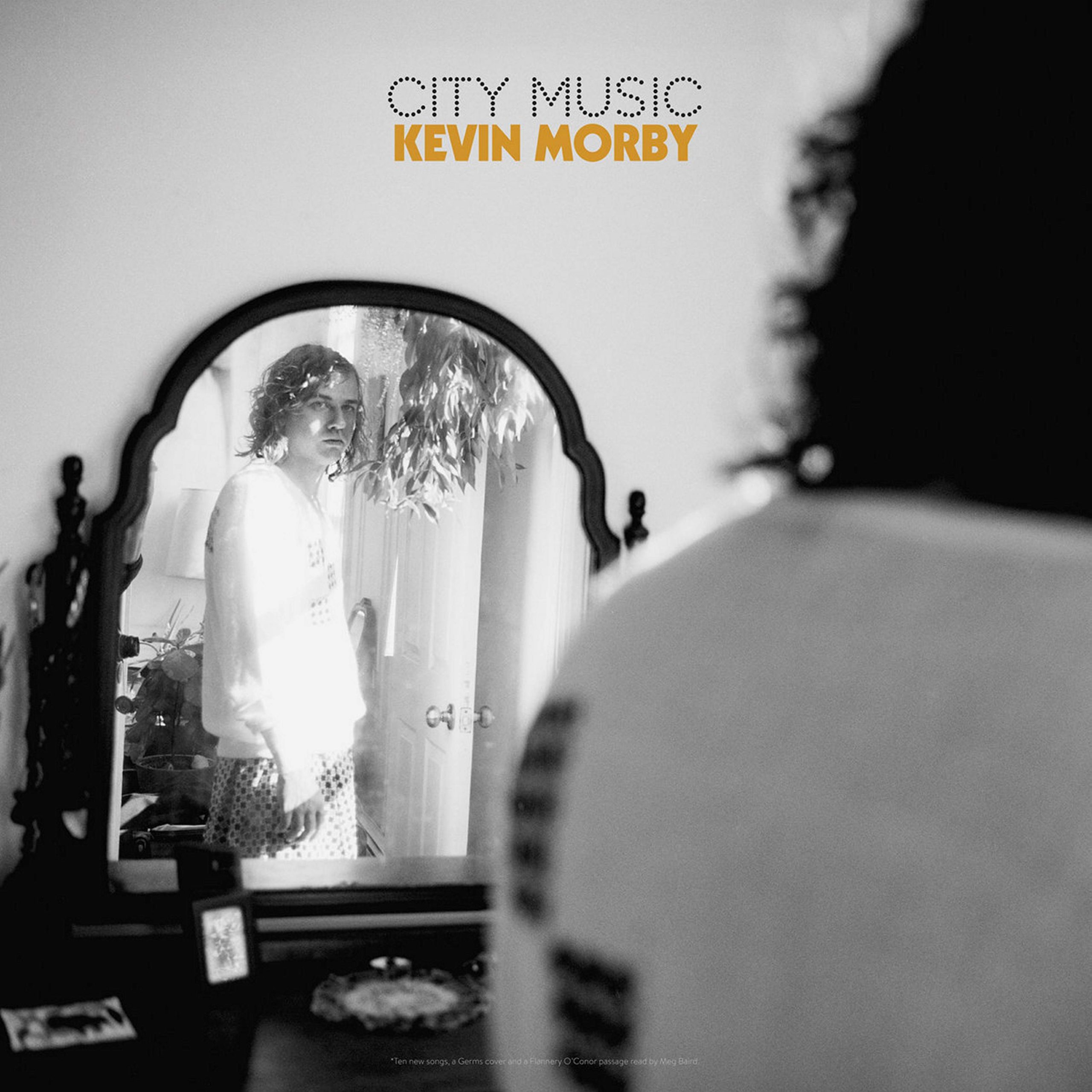“Trojan Women: A Love Story” is provocative, erotic, sensual, grimy and dirty. At least, that’s according to Melissa Firlit, director of the upcoming 26-person production at Fort Lewis College’s MainStage Theatre. The story is rooted in Greek mythology, based on the 10-year Trojan War the Greeks waged against the city of Troy. The play’s original version was scripted by ancient Greek tragedian Euripides, but American writer Charles Mee transformed “Trojan Women” into a multi-faceted collage of sorts. “Mee steals classical stories, takes the structure, smashes it to pieces, and builds a new play on top of it – that’s how he describes it,” said Leah Brewer, a Fort Lewis senior who plays Dido the queen of Carthage in “Trojan Women.” Unusually generous with his work, Mee has encouraged adaptors to rewrite and cut out scenes as they see fit, making the production their own. The resulting opportunity for imaginative collaboration has been a welcome one for Firlit. “It’s an exciting process, watching my students rise to the occasion and start to take ownership of the work,” she said.
The drama’s larger theme centers on man’s pervasive need for war. Humanity can’t help but crave violence, though it becomes a vicious cycle. “It’s interesting how our basic human needs never go away, regardless of circumstance,” said Firlit. “One of my acting teachers told me, ‘When you deal with death – like if someone in your family dies – what you want to do is go have sex, because it makes you feel alive.’ This play deals with that opposition, like, ‘I have nothing left, but I still need to connect, to love and be loved.’ I think that’s one of our most base human needs, the reason for everything we do.”
The play’s first and second acts are jarringly dissimilar. Brewer’s character Dido is only in the latter half; but “Trojan Women” is the actress’ senior project, so she has researched the entire play extensively. The production’s first section is based directly on Euripides’ “Trojan Women,” and follows the women whose husbands have been killed or taken away as prisoners of war in Troy. “They’re living in the ruins, and this is the story of how they deal with their grief,” Brewer said. The second act happens in another country entirely – one that has never known war, a peaceful paradise. The surviving Trojan warriors leave Troy with plans to begin a new country elsewhere, and discover the existing Carthage (where Dido is queen). Aeneas, leader of the Trojans (and the only remaining character from Act 1), falls in love with Dido upon arrival.
“Thematically, the two acts are clearly related,” Brewer said. “Mee gives the play the subtitle ‘A Love Story’ because both acts study the relationship and dynamics between men and women, and how that interaction changes our society. In Act 1, it’s a violent relationship; men have no regard for women’s lives, they’re treated like property. In Act 2, the gender dynamics are sensual and euphoric.”
The play’s swift tonal conversion at intermission might leave audiences reeling: “You end Act 1 feeling devastated by what happened, then Mee reverses that,” Brewer said. “The second act shows an entire relationship. From falling in love and making love, to insecurities starting to seep in, and what masculine societal expectations can do to a relationship.” This juxtaposition and ensuing complexity will keep spectators on their toes. “Mee doesn’t hit the audience on the head with one thing or another; he puts a lot of true things on stage next to each other, and says, ‘What do you think about this?’” she said.
Firlit was invited as a guest artist to FLC this semester. Her initial foray into the theater universe came via acting, but her eventual transition to directing happened after playwright friends repeatedly asked her for input on their scripts. She realized quickly how much she loved honing the story an audience would see, and wanted to be on the other side of things. Before attending grad school for theater direction, Firlit freelanced for seven years in New York. “The only reason I applied to school was because my apartment in Brooklyn had a huge fire,” she said. “I don’t consider myself that type of intellectual – I’m more of a doer. It was hard to shift my brain back to grad school, but it was the right time for me.”
Firlit has traveled back and forth to New York for years, though she has contentedly resided in Colorado since September. “I like incubating work,” said Firlit. “I like being somewhere and working without the potential distraction of the city. And I mean, the mountains here – come on! Plus the community of Durango; it’s been healthy and refreshing.” “She put a lot of trust in our ensemble,” Brewer said of her director. “It’s hard to maintain a level of trust with a group this large – but she got us there, somehow. She’s pushed me harder than any director I’ve worked with.”
Lots of people go to the movies, but theater attendance is much lower in this day and age. In our country, more money goes to sports than to the arts. But theater remains a worthwhile endeavor. “It’s an ancient art form,” Firlit said. “It’s where storytelling started! There’s something so visceral about knowing, as an audience member, that you could potentially reach out and touch the person who is sharing a story with you. It also has the ability to challenge your belief systems, your ideas, and to unite people.”













